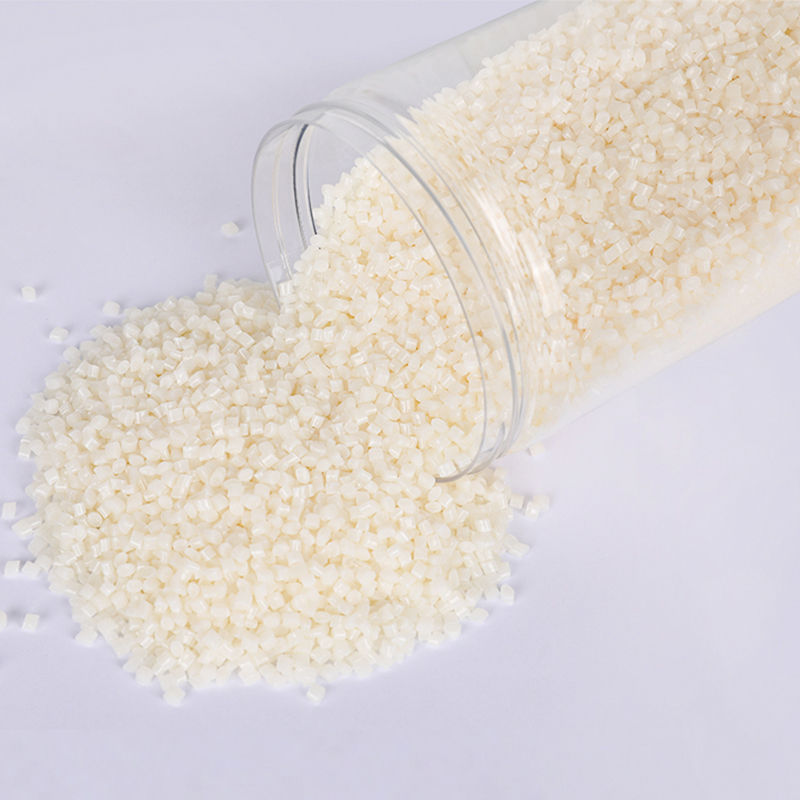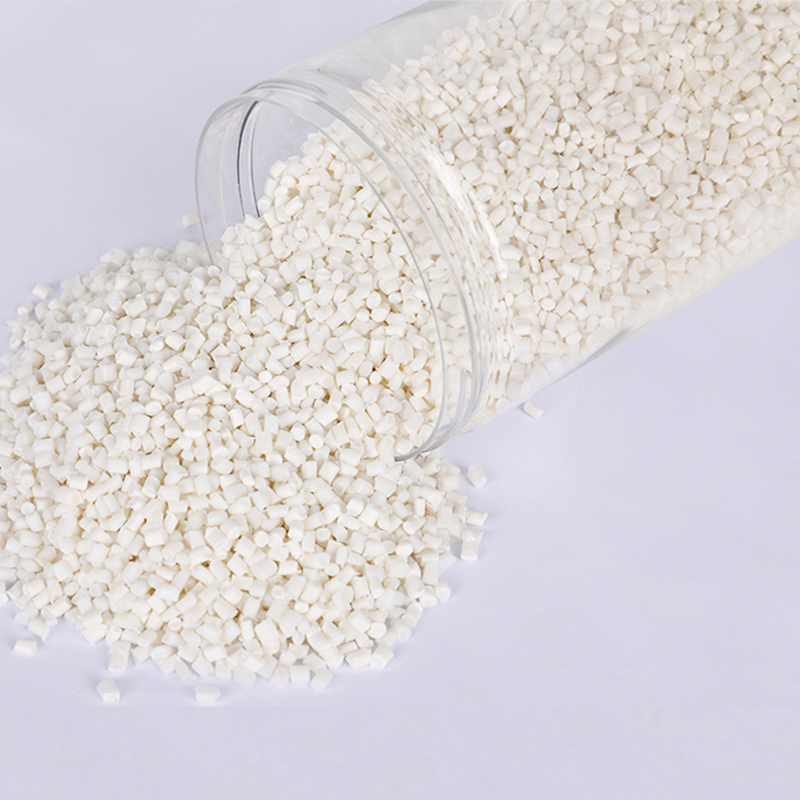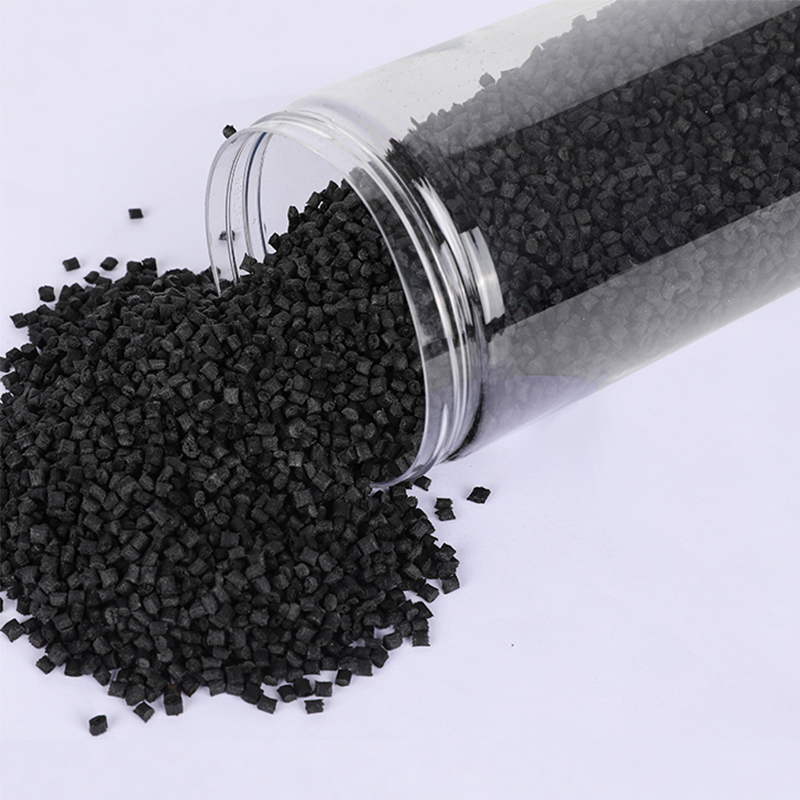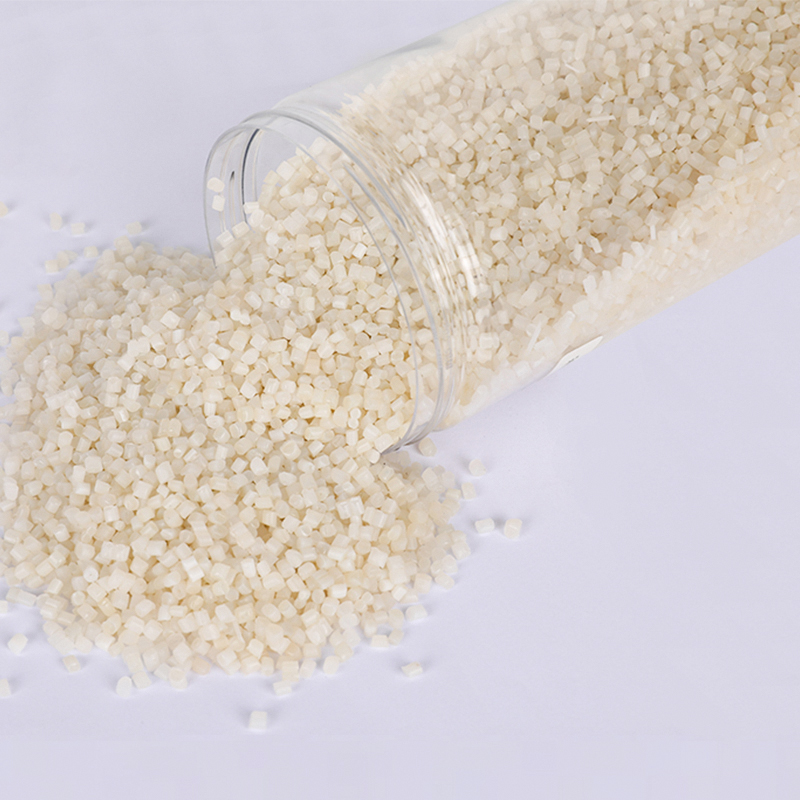Stay up to date with our recent products
Web Menu
Product Search
Exit Menu
Managing Supply Chain Risks When Sourcing RPE Recycled Resin Polyethylene Across Borders
For companies sourcing RPE recycled resin polyethylene on an international scale, the supply chain can be both a strategic advantage and a source of vulnerability. While recycled polyethylene offers clear environmental and cost-saving benefits, it also comes with challenges that buyers need to anticipate and manage, especially when dealing with suppliers across different regulatory environments, quality standards, and logistics networks. A resilient sourcing strategy is now as important as the material properties themselves.
Fluctuations in the availability of feedstock—such as post-consumer and post-industrial plastic waste—can directly impact supply stability. In certain regions, seasonal changes, policy shifts, or local collection inefficiencies may limit access to high-quality recycled input, causing delays or inconsistent resin characteristics. As a manufacturer, we’ve learned that establishing a diversified supply base and maintaining long-term partnerships with upstream recyclers is essential to keeping production uninterrupted and quality predictable. Buyers benefit from knowing that the resin they’re purchasing isn't just available now, but will remain consistent and accessible in future orders.
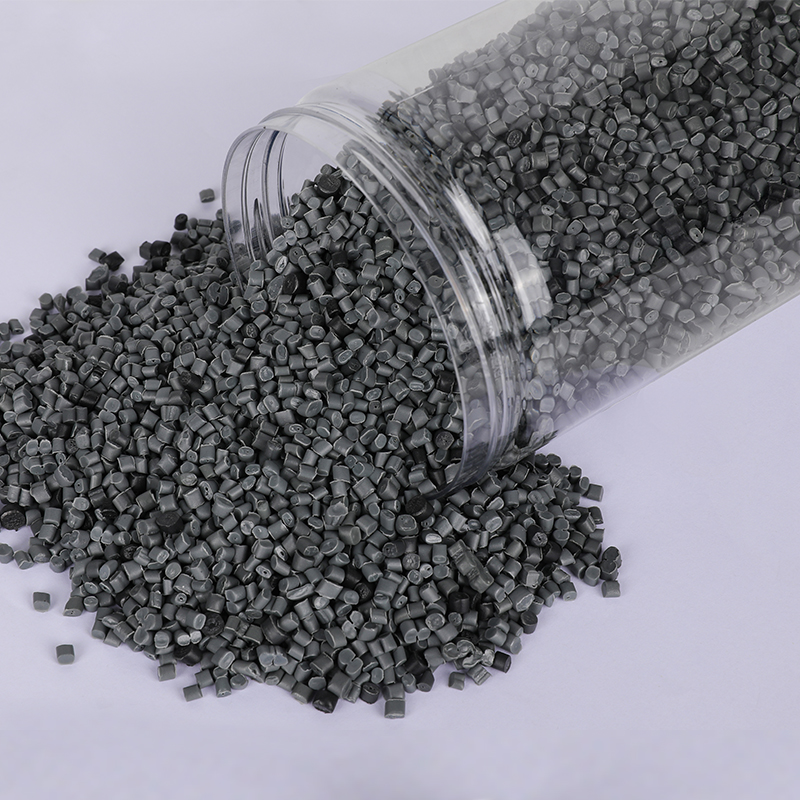
Transportation is another key area of concern when sourcing RPE polyethylene internationally. Port congestion, rising container costs, and fuel price volatility can all introduce unexpected delays and increase the final landed cost of the product. While this applies to many materials, recycled resin is often more sensitive due to its tight margins and variable demand cycles. Forward-thinking buyers will want to work with suppliers who offer flexible logistics support, including mixed-container loading options and warehouse partnerships in key export zones, to improve delivery reliability and cost control.
Beyond logistics, quality variability remains a core risk in the global RPE recycled resin polyethylene trade. Different countries have different recycling standards and sorting capabilities, which directly influence the purity and performance of RPE. Inadequate separation or contamination can lead to processing issues or product failures downstream. This is why buyers should prioritize sourcing from manufacturers that perform internal quality control on every batch, rather than relying solely on the assurances of upstream recyclers. We invest in real-time testing for melt flow, density, and mechanical performance to ensure that every shipment meets the same standards our long-term customers expect.
As China PCR Recycled Plastic Granules Factory, We always adhere to the experience and philosophy of "keeping up with the times, constantly innovating, developing efficiently, and cooperating for mutual benefit"

Address: No.11, Wangzhuang Section, Provincial Road 01, Daqiao New Area, Economic Development Zone, Haiyan County, Jiaxing City, Zhejiang Province, China
Phone: +86-18058285678
Fax: +86-0573-86868101
E-mail: [email protected]
SUNRISE GROUP(Overseas Exclusive Agent)
www.sunrisechemical.com
2024 ICIS Global Chemical Distributor Top 8
Export Sales Manager:Helen Zhang
Mob/Whatsapp: +86 19883063465
Email: [email protected]
Copyright © Jiaxing Anyiju Plastic Industry Co., Ltd. All Rights Reserved

 简体中文
简体中文 English
English


